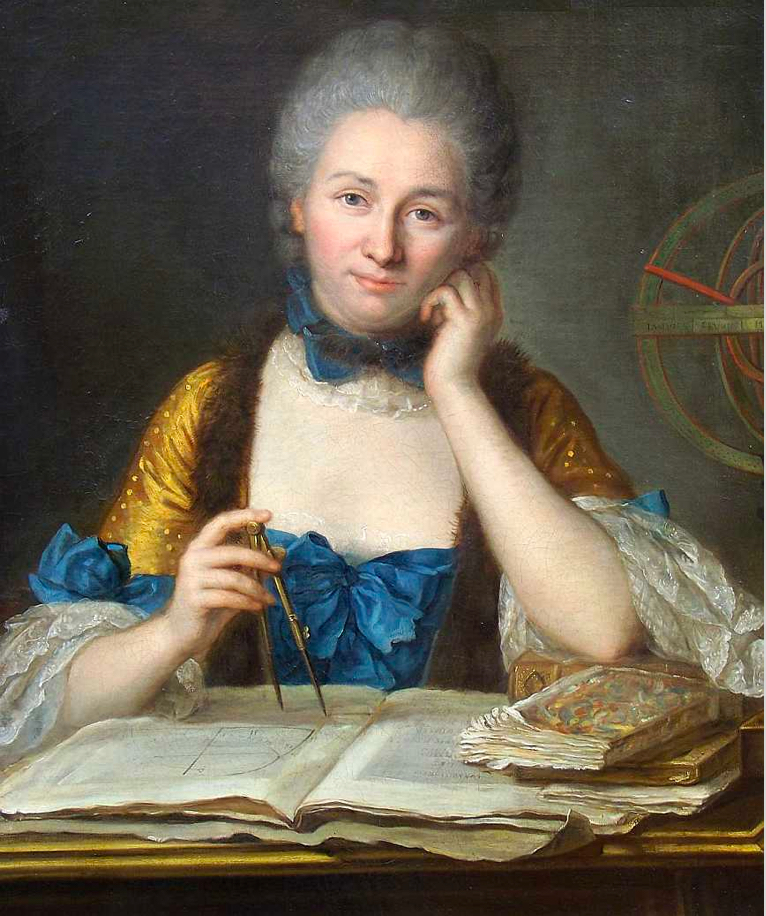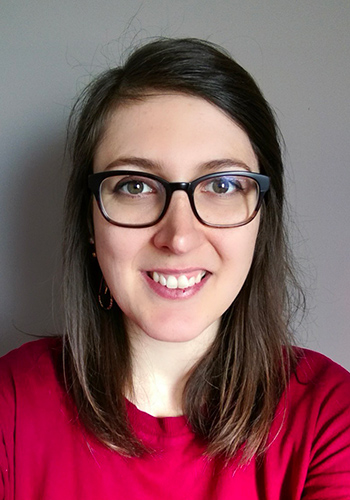Pourquoi la tech ?
Je me suis dirigée vers la technique et les technologies car c’est un domaine qui concilie la science et les applications concrètes.
La technologie joue un rôle de plus en plus important dans notre société. Bien qu’elle ne soit pas la solution miracle à tout, elle a le potentiel de résoudre des problèmes complexes et d’améliorer notre qualité de vie.
Votre parcours ?
Après un bac S, je me suis orientée vers un DUT Biologie option Génie de l’Environnement pour ensuite faire Ingénieure en Industrie de l’Environnement (École des Métiers de l’Environnement) avec la volonté de travailler dans la gestion des déchets. C’est ainsi que j’ai commencé en tant que Responsable de production d’une ligne de recyclage de PAPREC Plastiques. Après 3 années riches d’expérience terrain, j’ai évolué en tant que chargée de projets R&D et conseil en éco-conception pour le recyclage des plastiques, toujours chez PAPREC.
Votre première expérience professionnelle dans la tech ?
Ma première expérience concrète dans la tech s’est faite à travers la découverte du monde de l’industrie. En travaillant sur un site industriel j’ai pu voir tout ce que permettait la tech ainsi que toute les possibilités et perspectives qu’elle pouvait offrir.
Le recyclage des plastiques est un enjeu majeur et d’actualité. Cette activité n’a pas attendu la prise de conscience citoyenne pour exister mais a encore beaucoup d’opportunités technologiques et axes de développement pour atteindre les objectifs de l’économie circulaire.
Que faites-vous aujourd’hui et pourquoi ?
Aujourd’hui je contribue à développer des filières de recyclage de déchets plastiques. Cela consiste à identifier et tester de nouvelles technologies émergentes puis à travailler avec des clients partenaires pour réincorporer ces plastiques recyclés dans de nouveaux produits.
En parallèle, je participe à porter la voix des régénérateurs de plastique pour donner des recommandations d’éco-conception pour le recyclage aux fabricants d’emballages et autres objets plastiques. Cela consiste à faire de la pédagogie sur les procédés de recyclage existants, ainsi qu’à procéder parfois à des tests d’impact au recyclage.
Ces deux sujets ont pour objectif de faire avancer la circularité et de réduire la part de déchets non valorisés. La gestion des déchets, qui plus est en matière plastique, est un enjeu environnemental d’actualité et y contribuer, à mon échelle, est passionnant.
Vos atouts pour ce poste ?
La curiosité et l’appétence technique sont indispensables pour comprendre les sujets et faire le lien entre les différentes innovations et possibilités. La polyvalence et des compétences organisationnelles sont indispensables pour faire avancer tous les projets. Enfin, la passion et l’intérêt sont un plus pour travailler avec plaisir (bien plus agréable dans ces conditions !).
Vos défis passés, vos ratés, vos grands moments de solitude ?
Ma première expérience terrain n’a pas forcément été brillante pour moi mais elle fut très riche en apprentissages qui me sont indispensables dans mon travail actuel. Elle m’a également permis de mieux comprendre l’environnement dans lequel j’évolue aujourd’hui et de mieux travailler avec.
J’ai également appris à accepter qu’on ne puisse pas être bon partout. Chaque expérience contribue à mieux se connaitre, identifier ce qui nous attire le plus et finir par trouver une place où on a le plus de valeur ajoutée.
Vos meilleurs moments, les succès dont vous êtes fière ?
Monter un atelier de démantèlement de A à Z sur 2 postes. C’était un challenge pour moi car j’étais en début de carrière. Mais c’est un moment dont je suis fière car j’ai réussi à m’entourer d’équipes qui, malgré les conditions de travail difficiles, étaient performantes, de bonne humeur et volontaires. Ça m’a aussi beaucoup appris sur les outils et équipements manuels pour lesquels j’ai découvert un intérêt.
Aussi, commencer à voir des jeunes diplômé(e)s arriver dans mon entourage professionnel pleins d’énergie et de bonne volonté. C’est très agréable de les former et de les voir monter en compétence.
Des personnes qui vous ont aidée/marquée ou au contraire rendu la vie difficile ?
Les personnes qui m’ont aidée et marquée dans ma vie professionnelle sont en premier lieu tous les supérieur(e)s que j’ai eus jusqu’à présent. Ils m’ont donné ma chance, fait confiance et surtout m’ont beaucoup appris. J’ai eu (et j’ai encore !) beaucoup de chance de les avoir. Mes proches aussi bien sûr qui m’ont bien entourée.
Vos envies et défis à venir ?
Mon challenge actuel est professionnel. Dans le cadre de mon travail je recherche à améliorer les procédés pour développer davantage le recyclage des déchets et tendre vers la circularité. Cet objectif contribue à réduire notre impact sur l’exploitation des ressources naturelles et éviter la pollution des déchets non traités. C’est très motivant de participer, à son échelle, à la préservation de l’environnement en développant une nouvelle économie circulaire.
Et que faites-vous en dehors de votre travail ?
En dehors de mon temps de travail, j’aime passer du temps avec mes proches. Que ce soit autour d’un repas ou à l’occasion d’une randonnée, je me ressource auprès d’eux. J’aime beaucoup voyager aussi pour découvrir de nouveaux paysages et de nouvelles cultures, sans toujours avoir besoin d’aller à l’autre bout de la planète.
Vos héroïnes (héros) de fiction, ou dans l’histoire ?
De nombreuses personnes inspirantes ont existé mais la personnalité que je retiens en ce moment est la journaliste aventurière Nellie Bly, de son vrai nom Elizabeth Jane Cochrane. Elle était une journaliste pionnière du XIXe siècle qui a défié les normes de l’époque en s’impliquant dans des enquêtes et des reportages audacieux pour mettre en lumière les injustices et les inégalités auxquelles les femmes étaient confrontées. C’est aussi une aventurière qui a fait le tour du monde seule en moins de 80 jours, battant le record du personnage de Jules Verne à l’époque.
Cette femme est inspirante car elle a repoussé les limites de ce qui était considéré comme possible pour une femme à son époque et a ainsi ouvert la voie à d’autres femmes.
Votre devise favorite ?
« Cela aussi passera » c’est un adage persan qui est exact à tout moment, dans toutes les situations. Cette phrase rappelle qu’il faut profiter des moments heureux et aide à tenir bon dans les moments difficiles.
Un livre à emporter sur une île déserte ?
Manuel du naufragé – Survivre sur une île tropicale, restons pragmatique !
Un message ou un conseil aux jeunes femmes ?
Dans mon entourage, j’ai constaté que les femmes sont parfois encore obligées de se surpasser pour prouver qu’elles sont capables de réussir. Ne vous sous-estimez pas ! Vous êtes capables de le faire, vous le faites probablement déjà.


